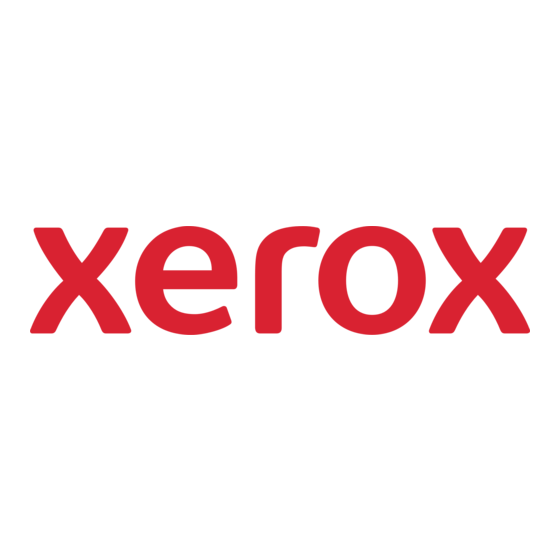Xerox 4595 Müşteri Beklenti Belgesi - Sayfa 9
Hepsi Bir Arada Yazıcı Xerox 4595 için çevrimiçi göz atın veya pdf Müşteri Beklenti Belgesi indirin. Xerox 4595 33 sayfaları. Copier/ printer with copy-server and controller
Ayrıca Xerox 4595 için: Operatörler İçin El Kitabı (1 sayfalar), Giriş (4 sayfalar), Hızlı Referans Kılavuzu (6 sayfalar), Hızlı Referans Kılavuzu (4 sayfalar), Broşür ve Teknik Özellikler (4 sayfalar)

System Performance and Productivity
Standard print area
The standard area that can be printed leaves a margin of 4.1 mm on all four edges of the paper
(for SRA3, 320 mm wide). The actual printing area may vary depending on the printer (plotter)
control language.
Registration
•
Lead Registration is +/-1.5mm from the HCF or trays 1-4 on each side
•
Side Registration is +/-2.0mm from the HCF or trays 1-4 on each side
Print volume range
Customers who consistently run volumes above the stated Average Monthly Print Volume
(AMPV) should expect a significant change in machine reliability or performance. Customers
should consider higher volume machines or multiple machines if average monthly volume
approaches the maximum duty cycle on a consistent basis.
The number of prints between service calls is dependant upon the following factors:
•
Monthly output volume
•
Throughput materials (paper)
•
Environment (heat, humidity and ventilation)
•
High toner density and area coverage
•
Image quality requirements
•
Operator training
Influences on print speed
The output speed of a print job is affected by:
•
Use of finishers and finishing features (e.g., stapling, hole punch, folding, and Booklet Maker
will slow down print speed)
•
Job length
•
Using the Bypass Tray or High Capacity Feeder
•
Single-sided versus two-sided job
•
The time it takes to RIP a job based on the type of PDL
•
Other factors outside the control of the product
NOTE: As with any printer, performance of duplex printing will not match the print speed for
single-sided printing.
Automatic Tray Switching (Load-While-Run)
The paper trays support Load-While-Run operation. If a tray in operation runs out of stock, and
another tray with the same programmed stock is available and loaded, the system will
automatically switch to the new tray when the first runs out. The operator may then open the
empty tray and reload it without the system stopping.
9
